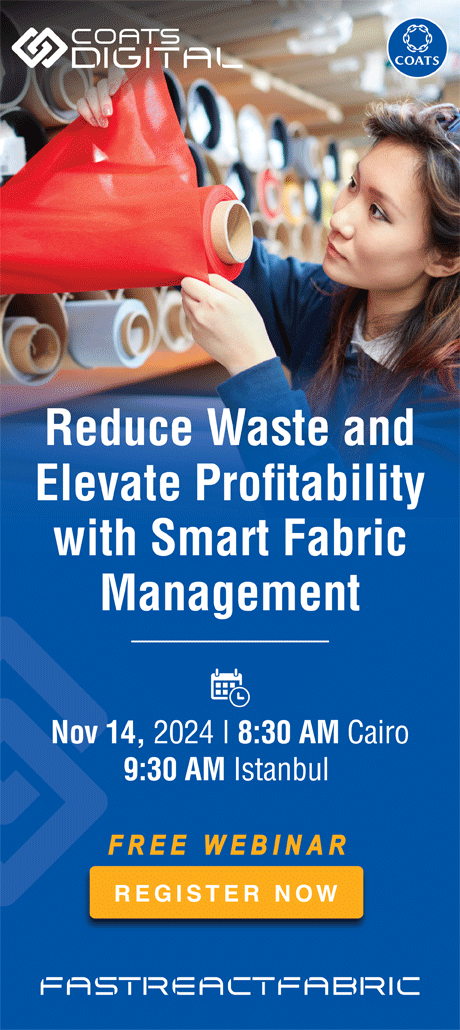In a significant advancement for the fight against fast fashion waste, scientists at the University of Delaware have developed a new chemical method to recycle mixed fiber textiles. This innovative approach, spearheaded by Dionisios Vlachos and his team, utilizes a zinc oxide catalyst to efficiently separate polyester, nylon, cotton, and spandex in mixed fiber textiles, addressing one of the most challenging recycling issues in the textile industry.
Microwave-Assisted Glycolysis Process
The newly developed method, known as the microwave-assisted glycolysis process, leverages microwave heating and a zinc oxide catalyst to decompose polyester and spandex, while preserving the integrity of cotton and nylon fibers. Vlachos highlighted the benefits of this method, stating that it offers shorter reaction times and more efficient degradation compared to traditional recycling techniques. Moreover, it circumvents the costly sorting and separation typically required by existing methods.
Chemical Process Details
The process involves breaking down polyester (PET) fibers into their monomers using ethylene glycol (EG) and zinc oxide (ZnO). The primary reaction is the depolymerization of PET to form bis(2-hydroxyethyl) terephthalate (BHET), facilitated by microwave-assisted heating. This method ensures a rapid and efficient breakdown of polyester and spandex components, preserving the cotton and nylon fibers intact. Zinc oxide is particularly advantageous due to its relatively benign environmental profile, and the microwave-assisted process reduces global warming potential compared to traditional petroleum-driven pathways.
Impact on Fast Fashion Waste
Fast fashion contributes approximately 92 million tons of textile waste globally each year, with less than one percent currently being recycled. The new chemical approach aims to make large-scale, multi-fiber recycling feasible and economically viable, significantly reducing textile waste and promoting sustainability. Remarkably, the process takes just 15 minutes to deploy and converts polyester into BHET and spandex into monomers like MDA, which are useful in various industrial applications.
Economic Feasibility and Future Prospects
Initial tests using an acidic solvent on polyester-cotton and spandex-nylon blended textiles demonstrated that both cotton and nylon retained their integrity. Mathematical modeling indicates that the method could achieve a global textile circularity rate of 88 percent with further refinement, optimizing reaction conditions, by-product management, and recovery of high-purity monomers. A techno-economic analysis (TEA) revealed a profitability index (PI) ranging from 0.95 to 1.29, depending on product sales scenarios, suggesting potential for scalability and cost-effectiveness in industrial applications.
Vlachos emphasized that achieving the projected 88 percent textile circularity rate will require further process improvements. However, with scalability and economies of scale, this new method holds promise for revolutionizing textile recycling and significantly mitigating the environmental impact of fast fashion.
source: www.science.org


















